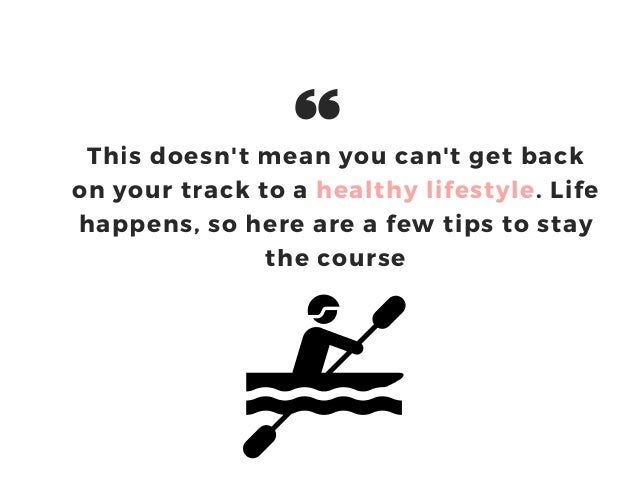

Diet Tips for Overcoming Diet Setbacks: Getting Back on Track After Indulging. It’s a universal experience, the feeling of falling off track with your diet. That perfectly planned meal schedule can easily turn into a moment of temptation or emotional eating. You’ve experienced the frustration, the guilt, and the uncertainty of where to begin again. This guide will provide you with proven strategies to navigate these setbacks with resilience and regain control of your weight loss journey. We’ll discuss common causes of diet setbacks and the importance of adopting flexible approaches. We’ll dive into actionable strategies for rebuilding healthy habits and provide encouragement for maintaining momentum. Get ready to reclaim your well-being!
Understanding the Root Causes of Diet Setbacks
Identifying the Triggers:
Diet setbacks are often multifaceted, stemming from a complex interplay of physical, emotional, and environmental factors. Understanding these triggers is crucial for developing effective strategies to prevent future instances and regain your momentum on your weight loss journey. A common trigger is stress or emotional eating, where an individual turns to food to cope with feelings or as a source of comfort. Another trigger is the presence of unhealthy food choices and environmental cues that may tempt an individual to consume more food than intended.
The Role of Stress and Emotions:
Research has shown a strong link between stress and emotional eating. High levels of stress or unpleasant emotions can trigger cravings and lead to overeating, potentially derailing diet plans. People often reach for foods that provide immediate comfort and relief from stress, sometimes ignoring their hunger cues or rational decisions. This can lead to feelings of guilt and frustration, creating a vicious cycle. A key component of overcoming diet setbacks is addressing the emotional aspect. Identifying the root cause of these triggers through self-awareness is a first step towards mitigating the temptation of unhealthy choices and creating a more lasting change.
Developing a Flexible Approach to Diet
Embracing Flexibility Over Rigidity:
A strict diet plan can sometimes backfire. The rigidity can lead to feelings of restriction and deprivation. This can make it difficult to sustain healthy eating habits over time and make individuals susceptible to emotional eating, where they overeat to cope with emotions. A flexible approach is one that allows for occasional indulgences or changes in meal plans without feeling like you’ve completely derailed your progress. It’s more about building sustainable eating habits that integrate flexibility within a healthy framework.
Incorporating Indulgences Wisely:
Occasional indulgences are part of a healthy diet plan. Instead of viewing these indulgences as obstacles, view them as a part of your emotional health and well-being. The key is to approach these occasions mindfully and with a healthy sense of balance. For example, if you enjoy a piece of cake, it’s okay to enjoy that slice—the goal isn’t perfection, but progress. Avoid viewing it as a complete failure and promptly get back on track with a healthy meal.
Rebuilding Healthy Habits After a Setback
Prioritizing Self-Compassion and Motivation:
It’s important to recognize that setbacks are part of any journey, including weight management. Don’t beat yourself up over a lapse in your diet plan. Self-compassion and understanding are crucial in preventing feelings of defeat. Focus on learning from the situation and adjusting your strategy for the future rather than dwelling on the past. A positive attitude is paramount in your journey to build a sustainable routine.
Reconnecting with Your Healthy Habits:
After a diet setback, it’s helpful to reconnect with your positive eating habits and the reason for your health journey. This is a time to reflect on why you want to lose weight or change your diet plan in the first place. Remind yourself of your long-term health goals and the positive impact your diet plan will have on your physical and mental well-being. Recommit to healthy choices and take small, consistent steps to regain momentum.
Maintaining Momentum and Preventing Future Setbacks
Implementing Mindfulness and Stress Management Techniques:
Mindfulness can be a powerful tool in preventing emotional eating and building healthier relationships with food. Practicing mindfulness involves being fully present in the moment, focusing on your thoughts and feelings without judgment. This technique helps you to become more aware of your hunger cues and cravings. Effective stress management techniques, such as meditation, yoga, or spending time in nature, can help reduce stress and emotional eating.
Creating a Supportive Environment:
Support from friends, family, or a therapist can significantly impact your success in achieving a sustainable weight loss program. Encouraging and supportive individuals can help you stay accountable and motivated during challenging times. Consider joining a support group or engaging with an online community focused on weight loss and healthy eating.
Practical Strategies for Diet Recovery
Creating a Realistic Meal Plan:
Ensure you tailor your meal plan to meet your dietary needs and preferences. Consult a nutritionist to create a balanced meal plan and meal prepping methods. Plan and prepare meals in advance to minimize the chances of making unhealthy choices when you’re hungry. Making realistic food choices is crucial in keeping a sustainable diet plan.
Setting Realistic Goals:
Setting realistic goals is an integral part of your weight loss journey. Avoid setting overly ambitious targets that may lead to feelings of frustration or failure. Aim to make gradual and sustainable changes. Focus on small, achievable steps that can gradually lead you to your desired lifestyle.
In conclusion, overcoming diet setbacks is a common experience, but it doesn’t define your success. By understanding the reasons behind these setbacks, developing a flexible approach to diet, and focusing on sustainable habits, you can get back on track and achieve your weight-loss goals. Remember, a healthy relationship with food is a journey, not a destination. Be kind to yourself, celebrate small wins, and focus on the long-term benefits of a healthy lifestyle. For more personalized guidance, consult with a registered dietitian or nutritionist. Ready to reclaim your healthy eating path? Start with a balanced meal today!